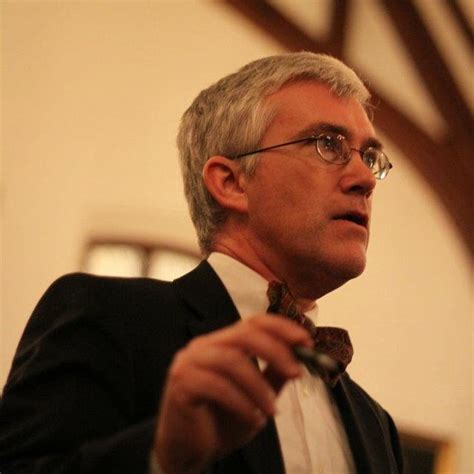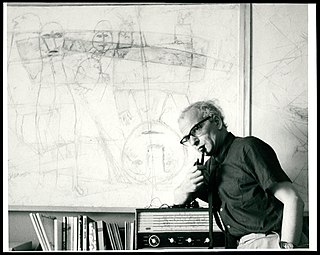A Quote by C. D. Innes
On the surface the avant garde as a whole seems united primarily in terms of what they are against: the rejection of social institutions and established artistic conventions, or antagonism towards the public (as representative of the existing order). By contrast any positive programme tends to be claimed as exclusive property by isolated and even mutually antagonistic sub-groups. So modern art appears fragmented and sectarian, defined as much by manifestos as imaginative work.
Quote Topics
Against
Antagonism
Antagonistic
Any
Appears
Art
Artistic
Avant Garde
Claimed
Contrast
Conventions
Defined
Established
Even
Exclusive
Existing
Fragmented
Groups
Imaginative
Institutions
Isolated
Manifestos
Modern
Modern Art
Much
Mutually
Order
Positive
Primarily
Programme
Property
Public
Rejection
Representative
Sectarian
Seems
Social
Social Institutions
Surface
Tends
Terms
Towards
United
Whole
Work
Related Quotes
My work first engaged with the early russian avant-garde; the paintings of moholy-nagy, el lissitzky's 'prouns' and naum gabo's sculptures, but in particular with the work of kasimir malevitch - he was an early influence for me as a representative of the modern avant-garde intersection between art and design.
Avant garde" has become a ubiquitous label, eclectically applied to any type of art that is anti-traditional in form. At its simplest, the term is sometimes taken to describe what is new at any given time: the leading edge of artistic experiment, which is continually outdated by the next step forward.
A society whose principles are acquisition, profit, and property produces a social character oriented around having, and once the dominant pattern is established, nobody wants to be an outsider, or indeed an outcast; in order to avoid this risk everybody adapts to the majority, who have in common only their mutual antagonism.
This new large-scale spiritual awakening is occurring primarily not within the confines of the established religions, but outside of those structures. Some of it, however, is also happening within the existing churches and religious institutions wherever the members of those congregations do not identify with rigid and exclusive belief systems whose unconscious purpose is to foster a sense of separation on which the egoic mind structures depend for their survival.
The avant-garde has always existed throughout the history of mankind. The good things from the avant-garde last and eventually, after many years, become tradition and people forget they were ever part of the avant-garde. The kitchen is a living discipline, always evolving, and there will always be cutting edge things that over the years, ends up being part of tradition.

































